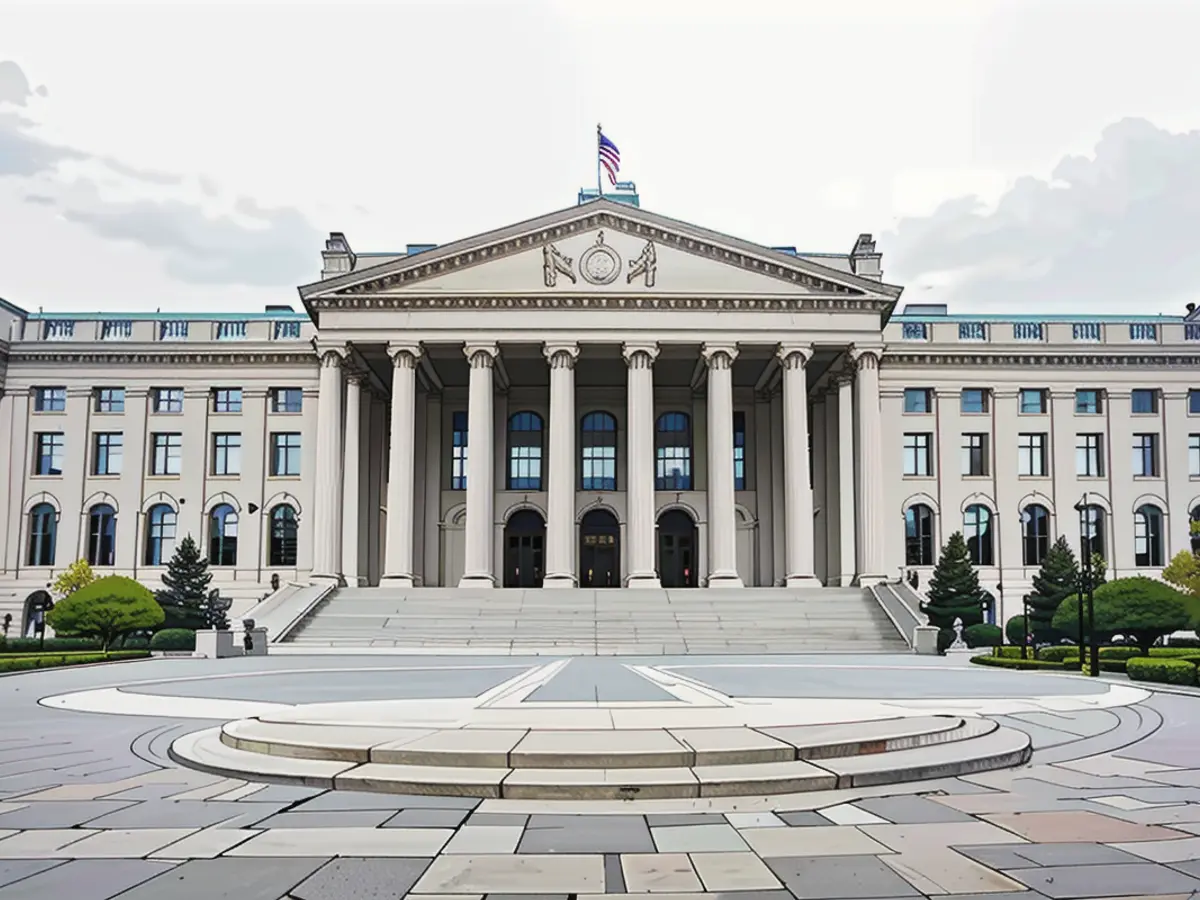Amidst Approaching Deadline, FINCEN's Beneficial Ownership Reporting Witnesses Chaotic Scene
There are virtually countless limited liability companies, partnerships, and other enterprises encountering a year-end deadline to provide the new Beneficial Ownership Information (BOI) as per the Corporate Transparency Act (CTA) and thecitations from the Treasury's Financial Crimes Enforcement Network (FINCEN). Amid these governmental abbreviations, numerous private entities have already submitted and a tsunami of entities are planning to, or are in the process of submitting, by the set deadline.
However, some controversy has risen as this deadline has approached. More than a dozen lawsuits have been initiated in U.S. District Courts, raising questions about the legality of the CTA and the BOI filing requirements. In one such case, Texas Top Cop Shop, Inc. v. Garland, E.D.Tex. No. 24-CV-478, Dkt. # 30 (Dec. 3, 2024), the U.S. District Court ruled that Congress had overstepped its powers with the enactment of the CTA under the U.S. Constitution's Commerce Clause, and thus the CTA, along with its related regulations, was deemed invalid. The aforementioned case led to the imposition of a halt on the Treasury Department (and subsequently FINCEN) from enforcing the CTA and its BOI filing requirements using a temporary injunction.
Despite the hopes of some that this means an end to the BOI filing requirement for 2024, it's important to clarify that the Treasury Department has filed an appeal to the U.S. Court of Appeals for the Fifth Circuit, which could consider the case expeditiously given the impending deadline. Even if the Fifth Circuit makes a decision, there may be another appeal to the U.S. Supreme Court, leaving uncertainty as to the eventual fate of the CTA. The Supreme Court could possibly uphold the CTA, reject it, or take an intermediate step to postpone the BOI filing requirement until there has been more comprehensive examination of the issue. This would likely result in an extended grace period for filings until the constitutionality of the CTA is definitively determined.
It's crucial to note that the Treasury Department and FINCEN are not responsible for this legal challenge. These challenges stem from Congress's enactment of the CTA. At the end of the day, FINCEN has merely aimed to carry out the mandates of the CTA as effectively as possible. As someone who has experienced LLCs and other entities being manipulated for illicit reasons, I generally support the objectives of the CTA. Transparency, after all, is the most powerful disinfectant, and honest individuals have no qualms about revealing their activities.
However, the temporary suspension of the BOI filing requirement should not be seen as a negative development, as it becomes increasingly apparent that the FINCEN infrastructure for BOI filings has not undergone sufficient preparation.
Although within a relatively short timeframe, FINCEN was tasked with creating a system capable of managing tens of millions of filings from entities and assigning FINCEN identification numbers to individuals seeking to simplify the filing process. This was an extensive endeavor, and FINCEN is deserving of praise for the progress they have made so far.
In fact, I had a filing issue that I attributed to the BOI filing website. Through contact with FINCEN, I was able to communicate the problem, and it was rectified within a few days. While there are reported difficulties with the BOI system, this incident demonstrates FINCEN's commitment to resolving these problems. As suggested by the renowned expert on BOI reporting, Kentucky attorney Thomas E. Rutledge of Stoll Keenon Ogen PLLC, FINCEN should continue to collect and analyze data to enhance the system, even in the midst of all the chaos.
In conclusion, entities subject to reporting should remain prepared for filing, as it's possible that the U.S. Court of Appeals, and potentially the U.S. Supreme Court, may overturn the preliminary injunction and reinstate the January 1 deadline. For those unfamiliar with the proceedings, most individuals should simply submit the BOI filing and then put the matter behind them. If the CTA is determined to be unconstitutional, the most likely outcome is the deletion of data collected by FINCEN, signaling the end of the matter. However, a significant shift in the stance of the U.S. Supreme Court on the extent of Congress's powers under the Commerce Clause would be necessary for this scenario to unfold.
Stay informed.
- Despite the temporary injunction, FINCEN, as directed by the Corporate Transparency Act (CTA), is still required to collect and analyze beneficial ownership information to enhance the BOI reporting system, according to Thomas E. Rutledge of Stoll Keenon Ogen PLLC.
- The Treasury Department's Financial Crimes Enforcement Network (FINCEN) is currently appealing the temporary injunction against enforcing the CTA and BOI filing requirements in the U.S. Court of Appeals for the Fifth Circuit, as the CTA's constitutionality remains in question.
- Some limited liability companies (LLCs) and other enterprises, amid the year-end deadline to provide BOI under the CTA, have initiated lawsuits claiming that the requirements infringe on their rights, citing issues with the U.S. Constitution's Commerce Clause.




